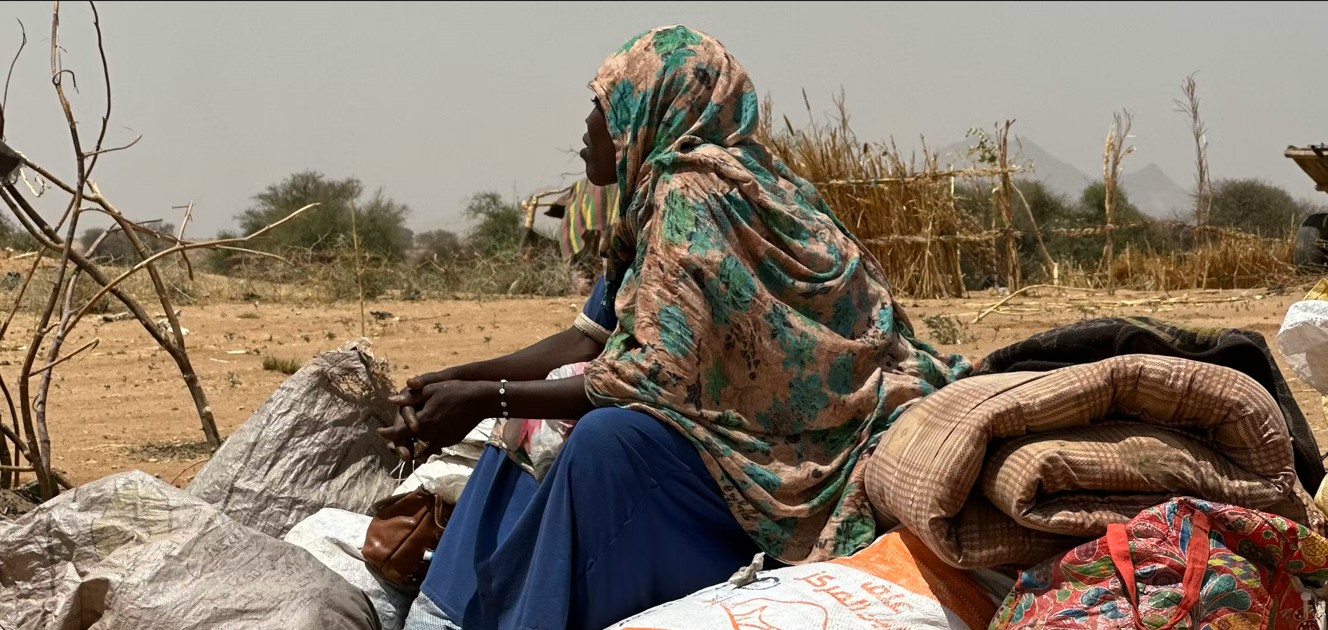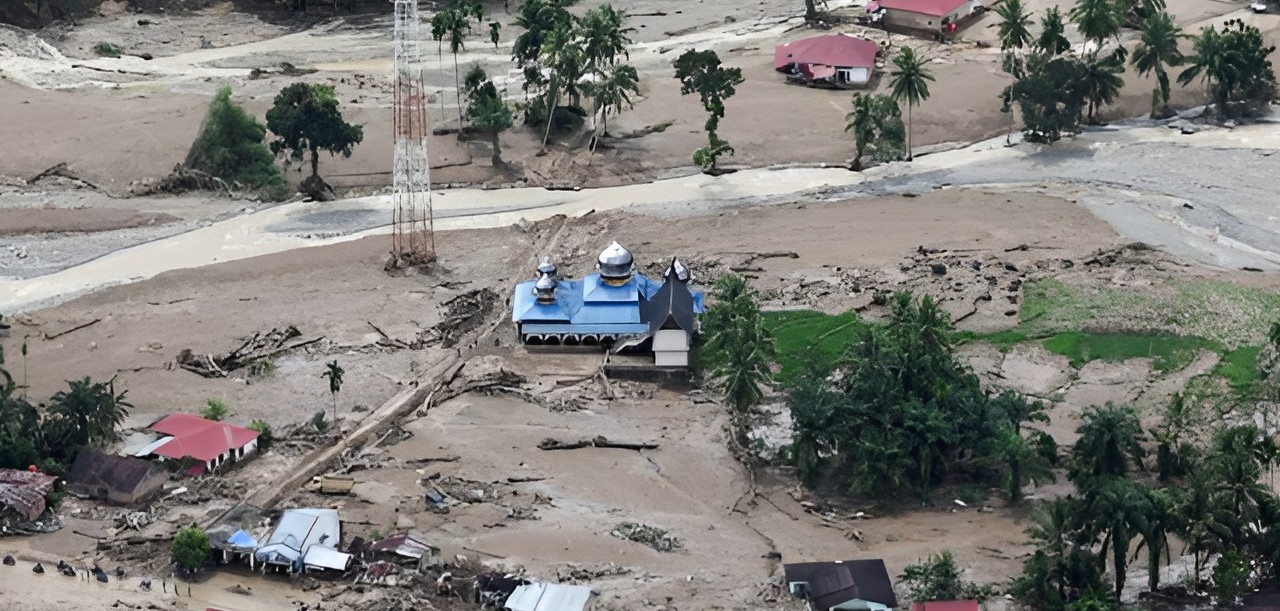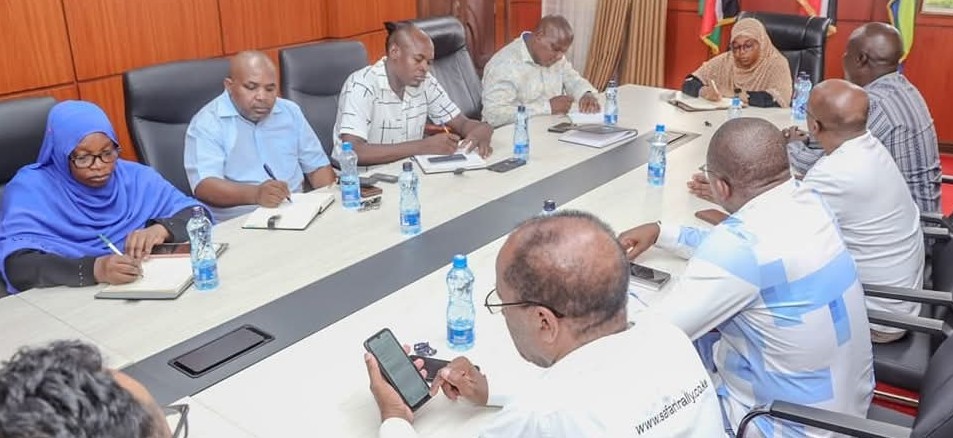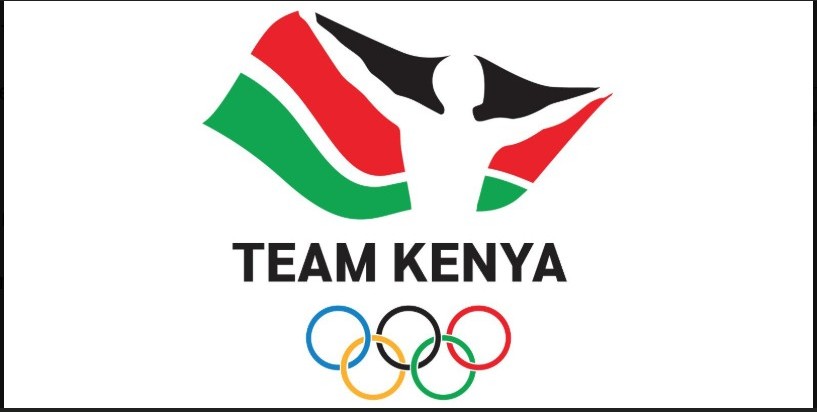Ship agents oppose KEPHIS pest inspection charges on shipping lines
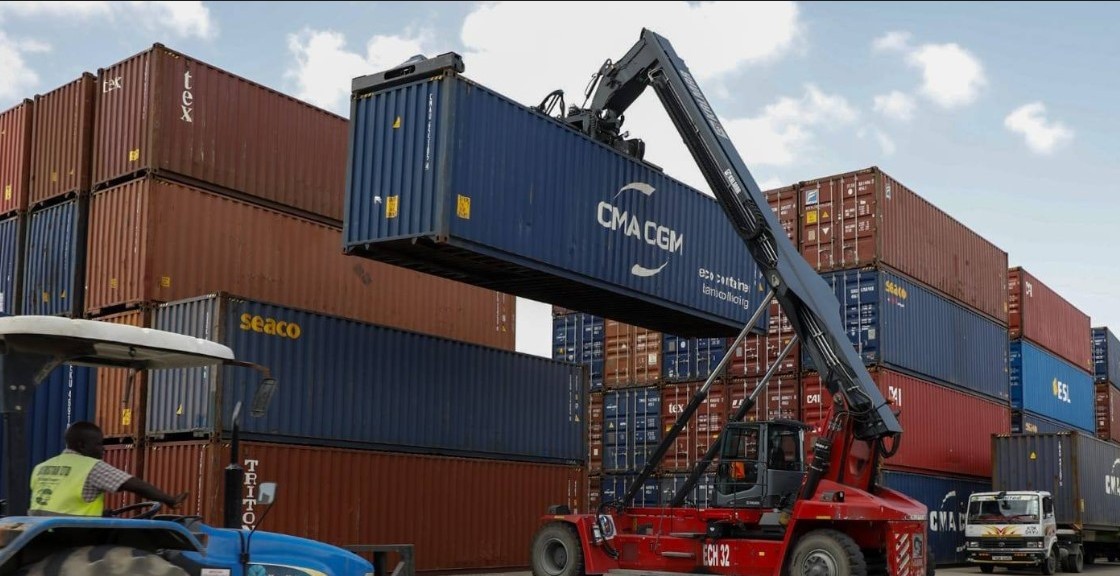
In a statement, KSAA reiterated its strong support for KEPHIS in fulfilling its mandate of safeguarding Kenya’s agricultural exports and protecting the country’s biosecurity.
The Kenya Ships Agents Association (KSAA) has voiced concern over new charges imposed by the Kenya Plant Health Inspectorate Service (KEPHIS) on shipping lines for pest inspections, warning that the fees are unfair and could disrupt Kenya’s exports.
In a statement, KSAA reiterated its strong support for KEPHIS in fulfilling its mandate of safeguarding Kenya’s agricultural exports and protecting the country’s biosecurity.
More To Read
- Nairobi to host EU-backed regional Maritime Security Week
- Kenya wants China to remove tariffs on coffee, tea, avocados as trade imbalance persists
- Kenya battles Nigeria, South Africa to keep IMO seat as Africa’s voice in global shipping
- MPs fault State officers over mismanaged road projects
- Transporters issue 7-day ultimatum over empty container backlog
- Government shifts cargo clearance to Nairobi, Naivasha in bid to decongest Mombasa Port
The association said pest inspections at entry and exit points are crucial to maintaining Kenya’s export reputation.
However, it questioned why liability for inspection-related costs is being shifted to shipping lines, which it argued have no operational role in determining cargo conditions at origin.
“In global supply chains, containers move through multiple stakeholders, including exporters, freight forwarders, consignees, and inland transporters,” KSAA said.
Adding, “International guidelines such as those under the International Plant Protection Convention (IPPC) and ISPM 15 assign responsibility for pest-free cargo to the exporter or cargo owner, who manages sourcing, treatment, and packing of goods.”
According to KSAA, the risk of pest contamination is highest during cargo stuffing or stripping at the shipper’s or consignee’s premises, not on board vessels, during transit, or at marine terminals. Shipping lines, it noted, act solely as carriers and cannot reasonably be held liable for cargo conditions beyond their control.
The association also warned that blocking exports due to unpaid inspection charges without clear and fair responsibility allocation could have serious consequences. These include disrupting trade flows, damaging exporters’ reputations, and eroding Kenya’s reliability in international markets. The long-term risks, it said, include loss of buyer confidence and reduced market share for Kenyan produce.
"Blocking exports due to unpaid inspection charges without clear, equitable responsibility allocation risks disrupting trade flows, damaging exporters' reputations, loss of revenue, and undermining Kenya's reliability in international markets. The long-term consequences could include lost buyer confidence and reduced market share for Kenyan produce," the association said.
While highlighting that the shipping industry has consistently cooperated with KEPHIS by sharing cargo data to aid inspections, KSAA emphasised that inspection responsibilities and costs “must remain aligned with the parties who have direct control over cargo preparation.”
The association called on government agencies and the shipping community to work together to establish a fair, transparent, and collaborative framework for pest inspection and cost allocation.
“Our shared goal is to protect Kenya’s biosecurity while ensuring enforcement measures are proportionate, effective, and targeted at the actual points of responsibility,” KSAA said.
Top Stories Today

